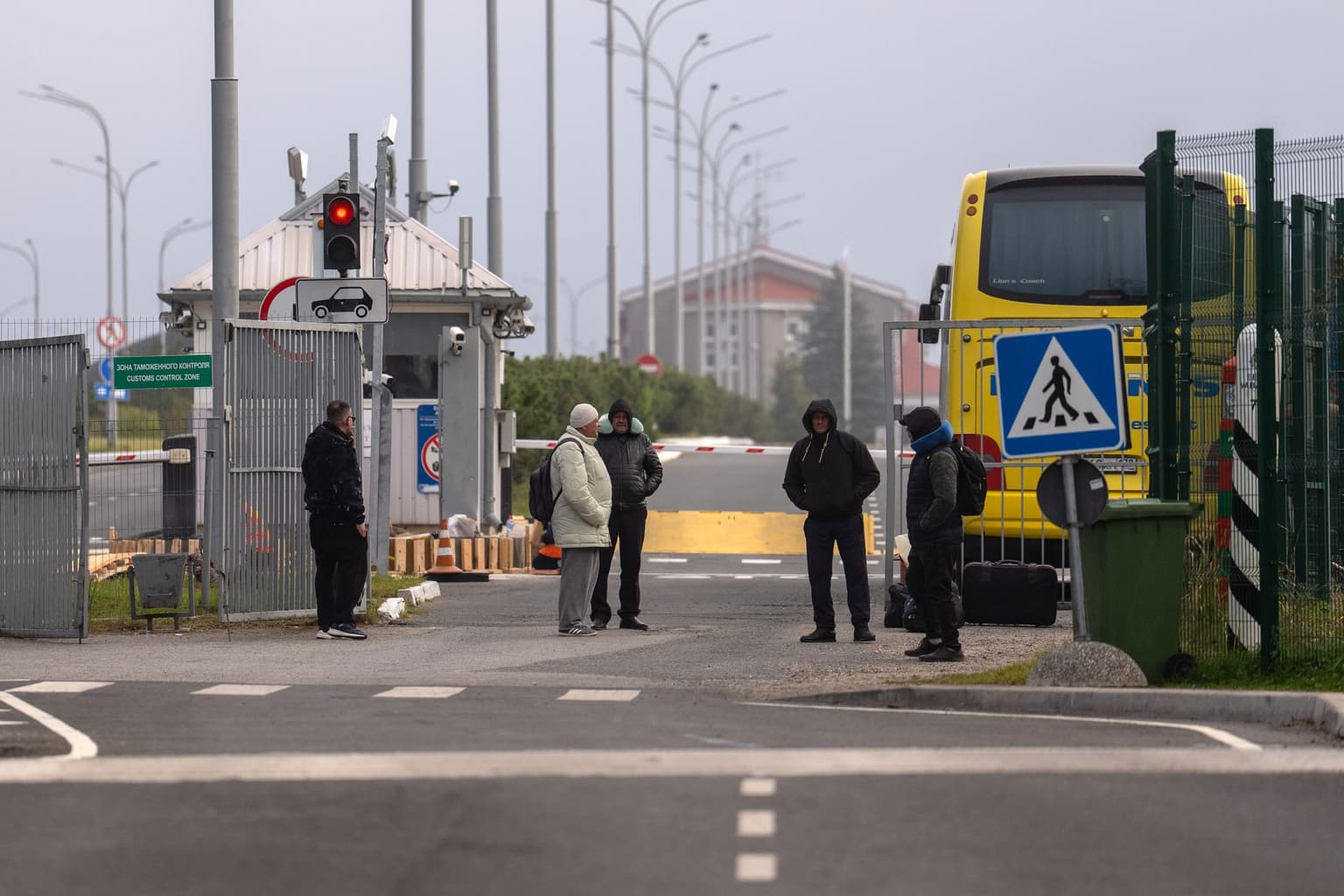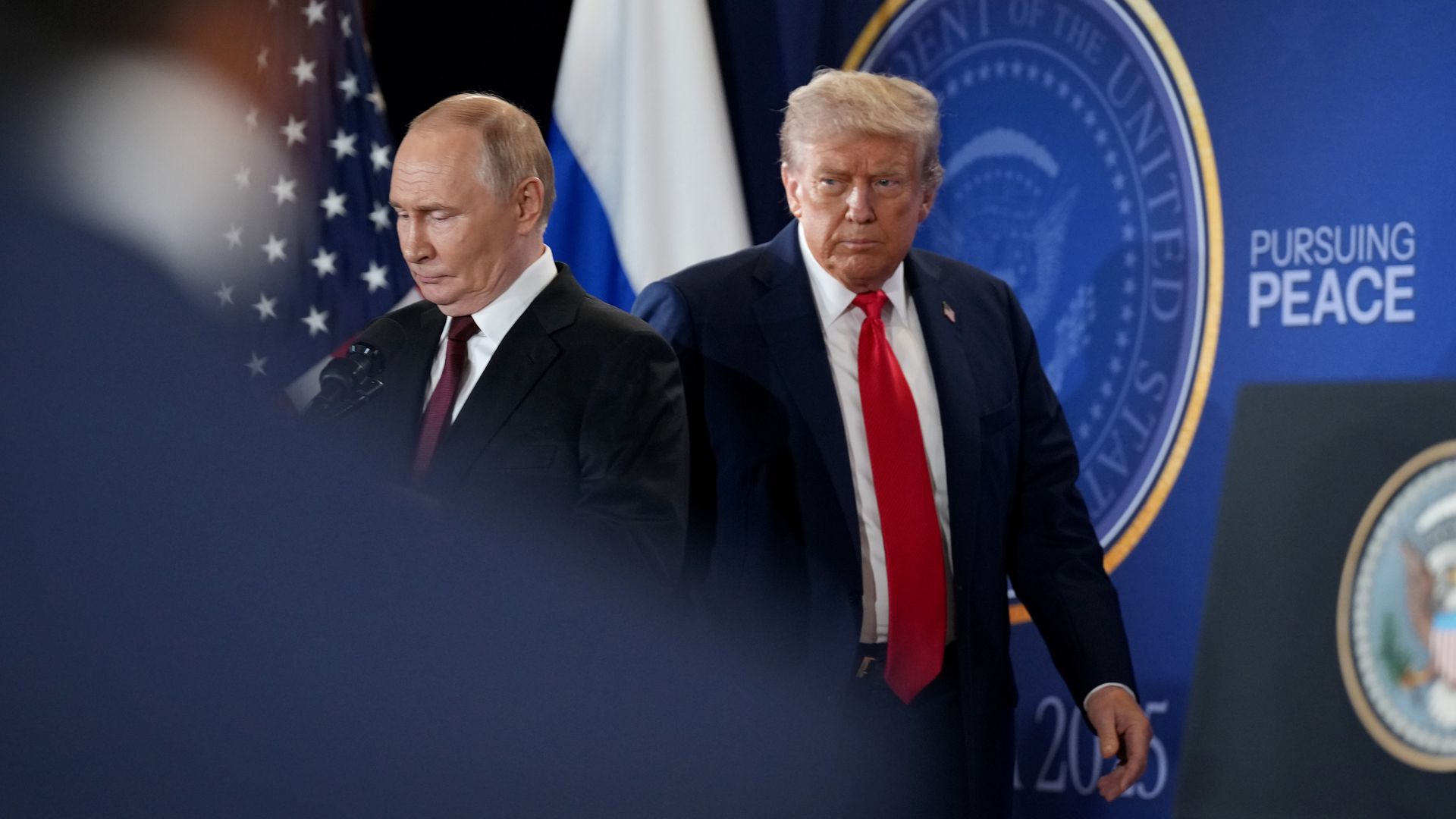Estonia closes border crossing with Russia over unusual military activity

Estonia has temporarily closed the Saatse border crossing due to heightened Russian military activity in the area, the Estonian public broadcaster ERR reported on Oct. 10.
The decision comes amid rising concerns over regional security, including repeated violations of NATO airspace by Russian drones and fighter jets, as well as an increase in sightings of unidentified aircraft near critical infrastructure sites across Europe.
According to Kunter Pedoski, operational commander of Estonia's Southern Prefecture, border guards observed an unusually large presence of Russian military personnel near the crossing on the evening of Oct. 9.
"Russian border guards routinely patrol the area near Saatse, as it lies within their territory. However, today we noticed significantly more movement than usual," Pedoski told ERR.
Initially, Estonian patrols were stationed on both sides of the road to inform drivers and advise them to avoid the area due to the increased Russian military presence. Despite the warnings, some individuals still attempted to proceed through the zone.
Pedoski emphasized that the road in question crosses Russian territory and therefore always carries a certain level of risk, but the current situation has made it more dangerous than usual.
"We've made the decision to temporarily close the crossing to prevent any escalation," he said.
Three Russian MiG-31 fighter jets briefly entered Estonian airspace on Sept. 19, remaining there for 12 minutes before being intercepted by NATO forces.
In early September, Polish forces shot down several Russian drones that had entered their airspace. A Russian drone was also detected over Romanian territory a few days later, though Bucharest opted not to engage it.











